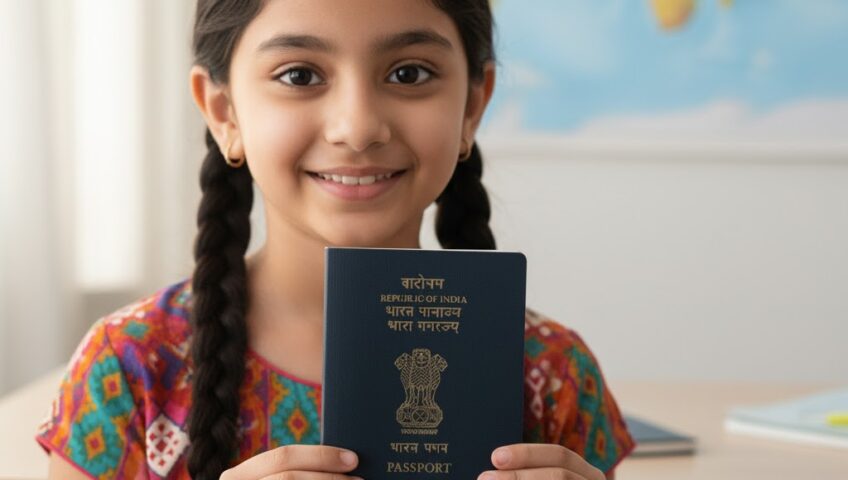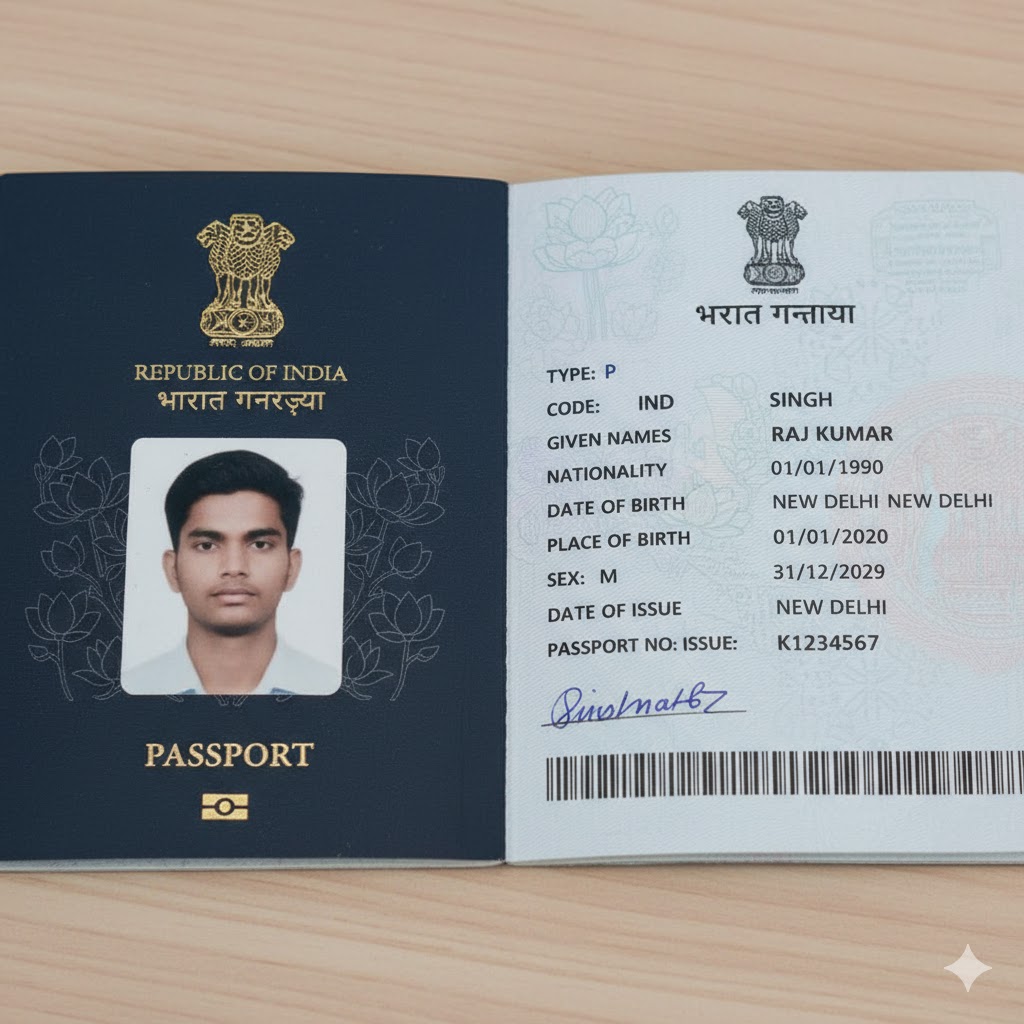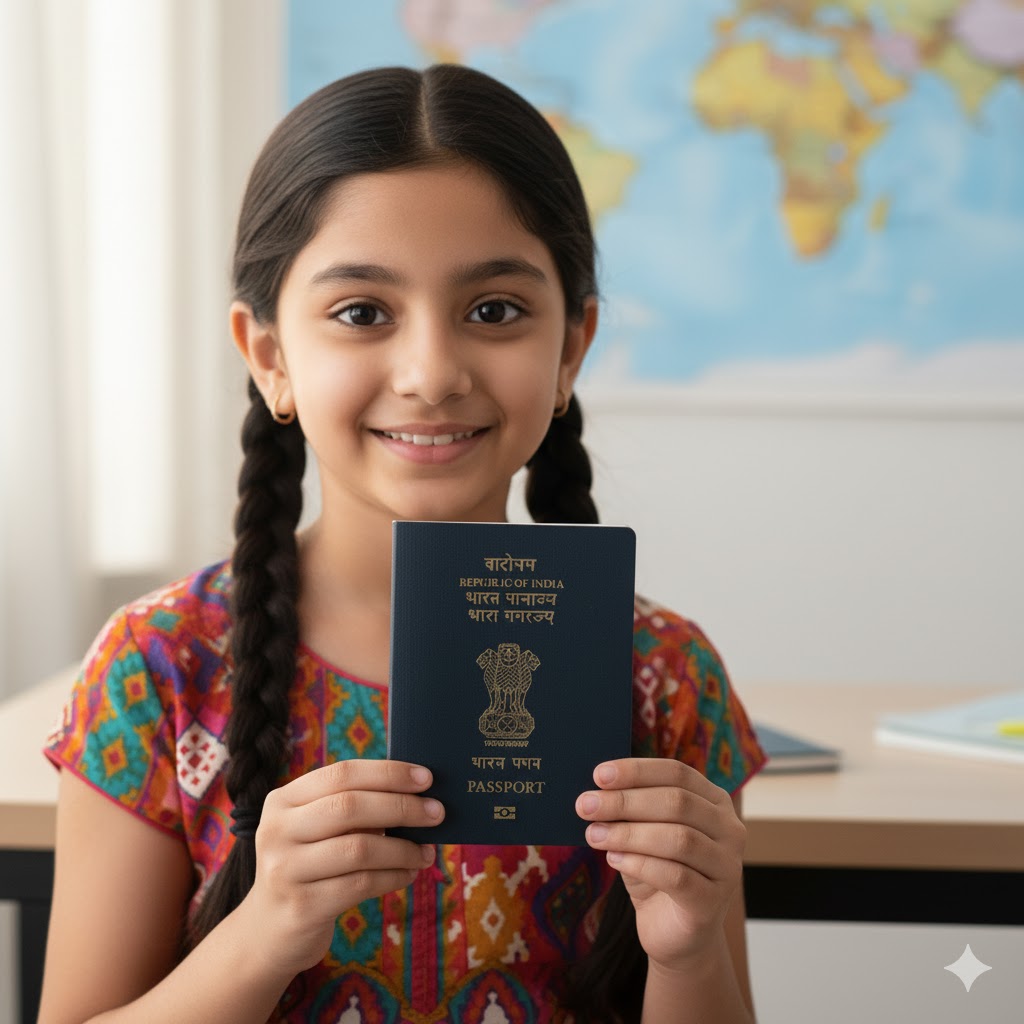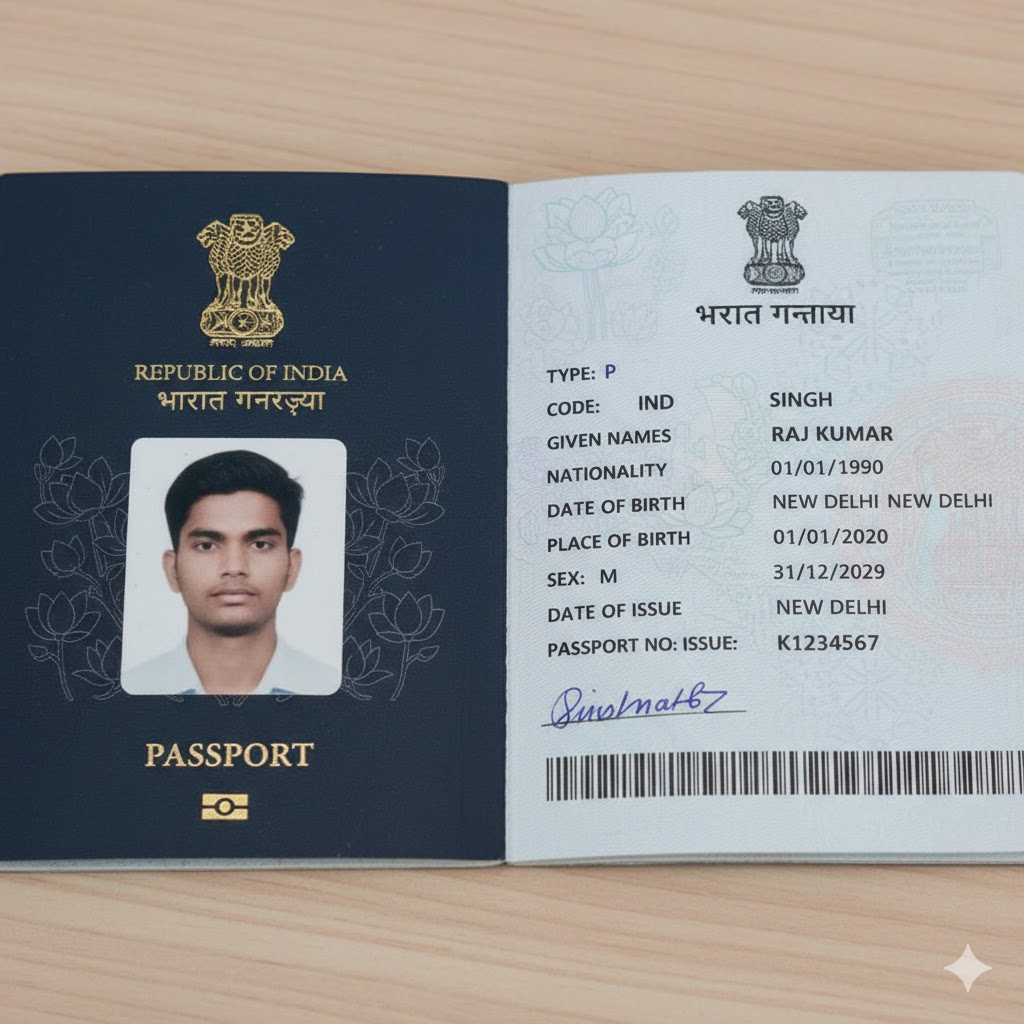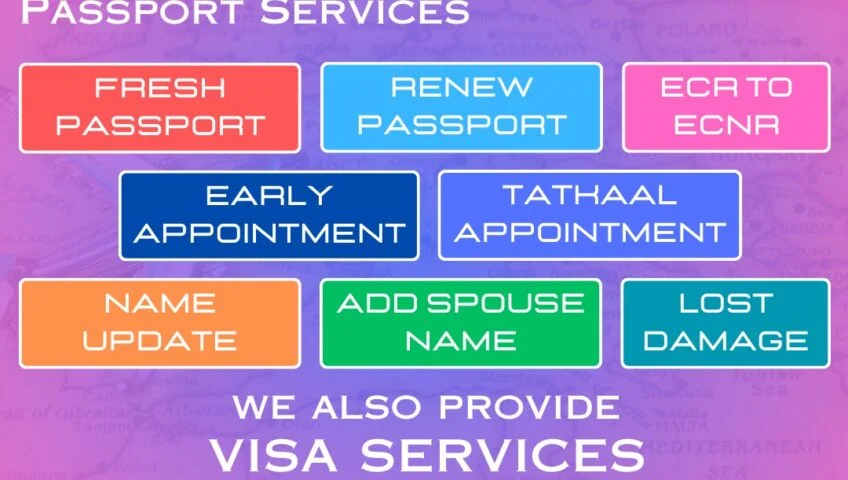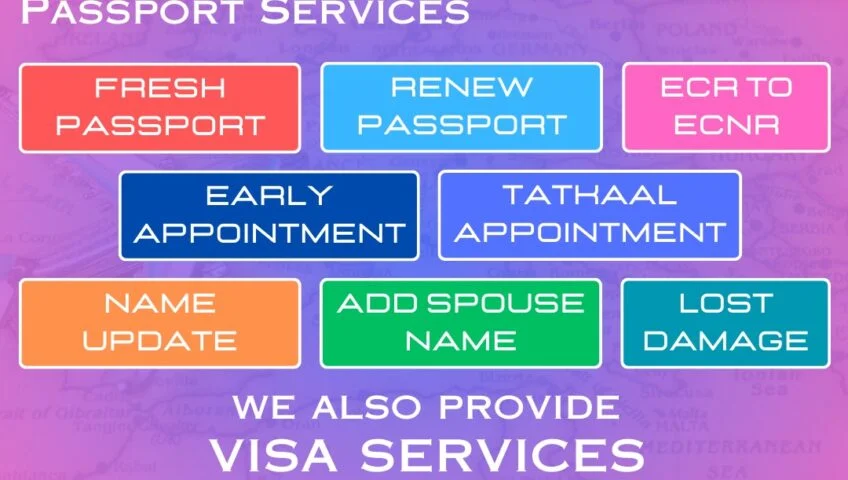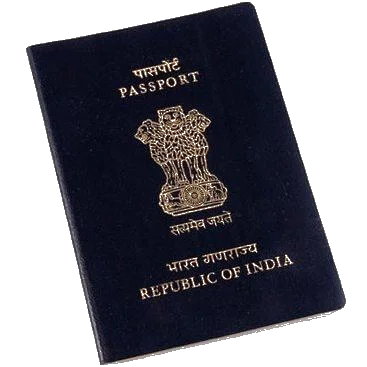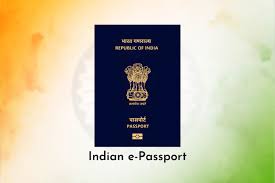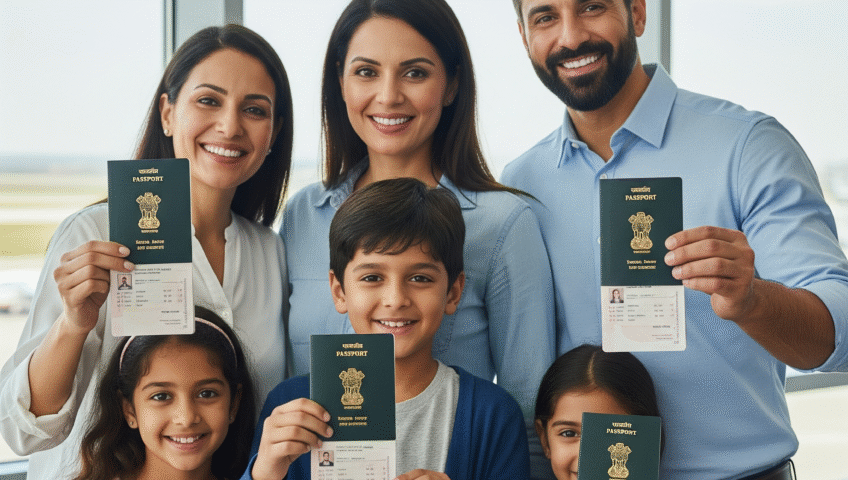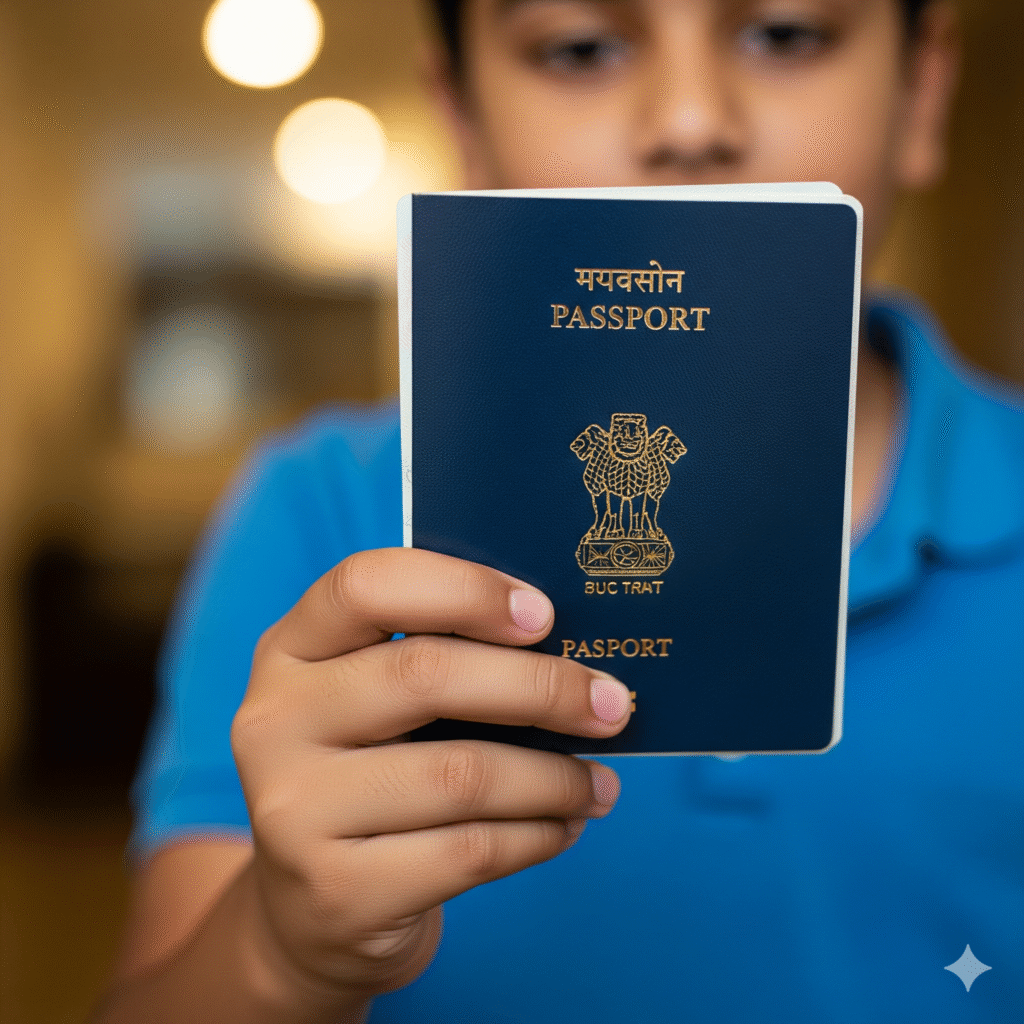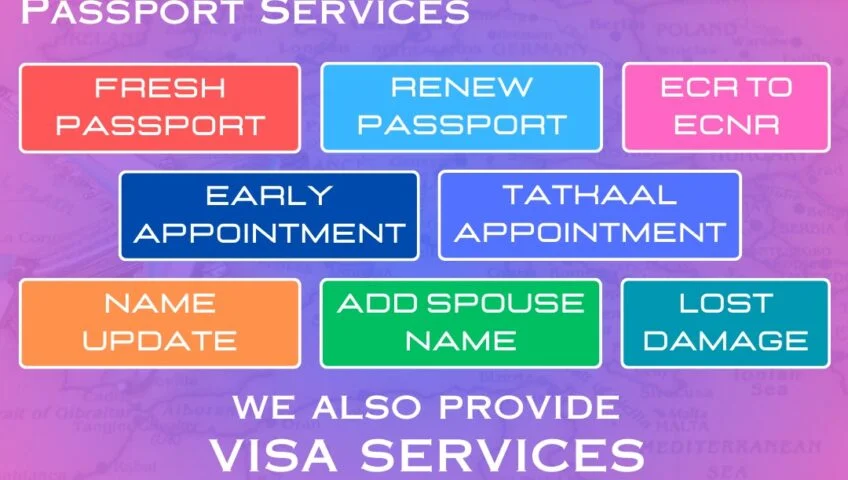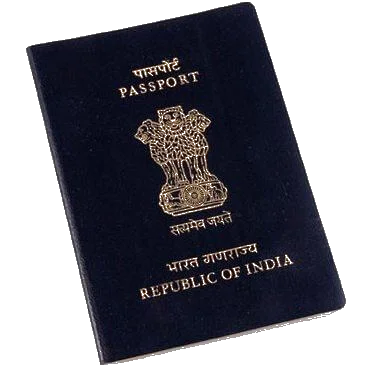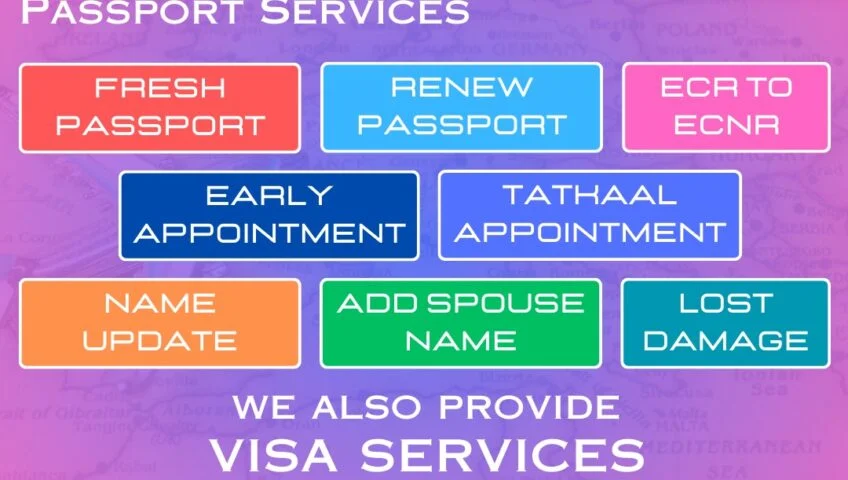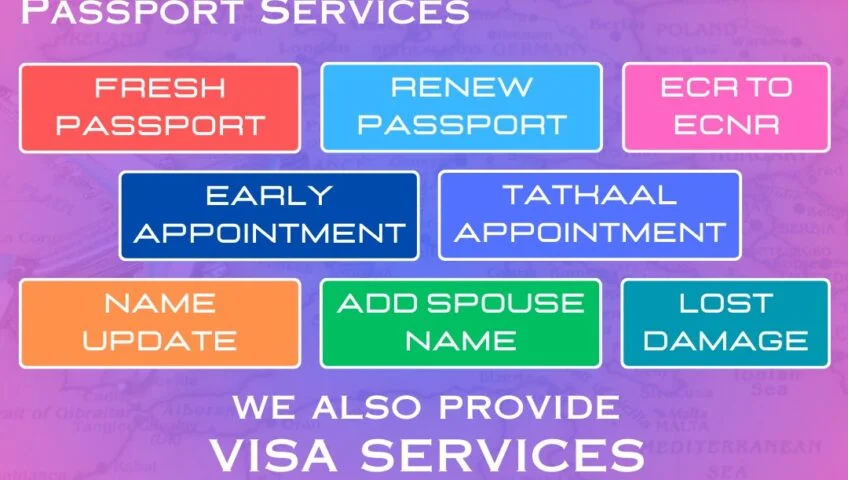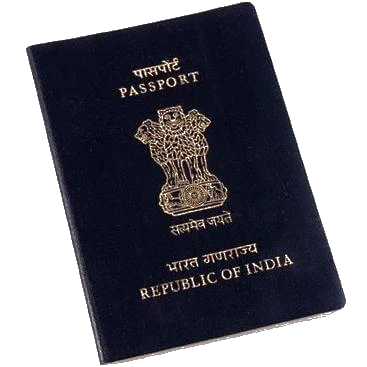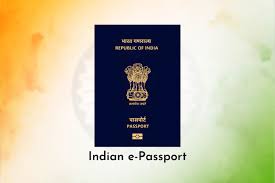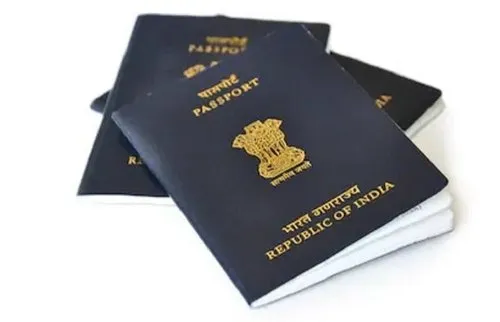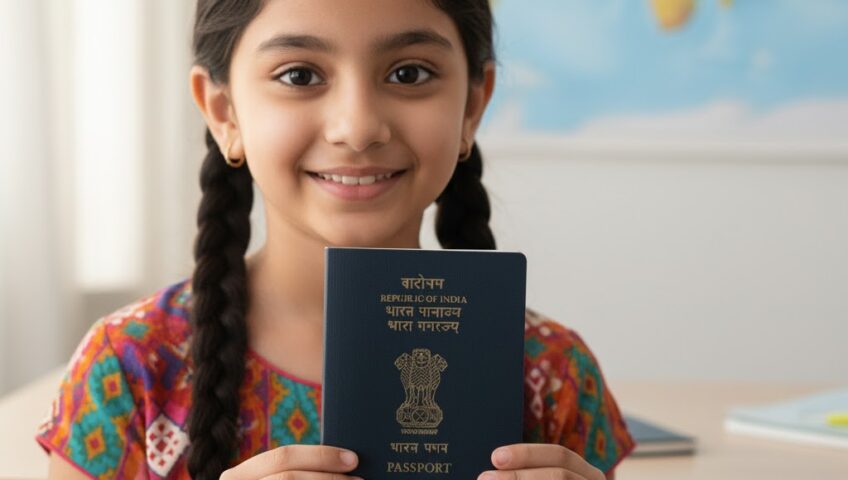
ECNR Passport Reissue Services in Gurgaon – A Complete Guide
quick and error-free ECNR passport reissue in Gurgaon? If you are planning to travel abroad for work or leisure and your passport needs renewal, understanding the ECNR passport reissue process is essential. Many travelers in Gurgaon often get confused about whether they need ECNR status and how to reissue an ECNR passport without delays. This guide explains everything—documents, fees, process, and how professional assistance in Gurgaon can help you get your passport reissued smoothly.
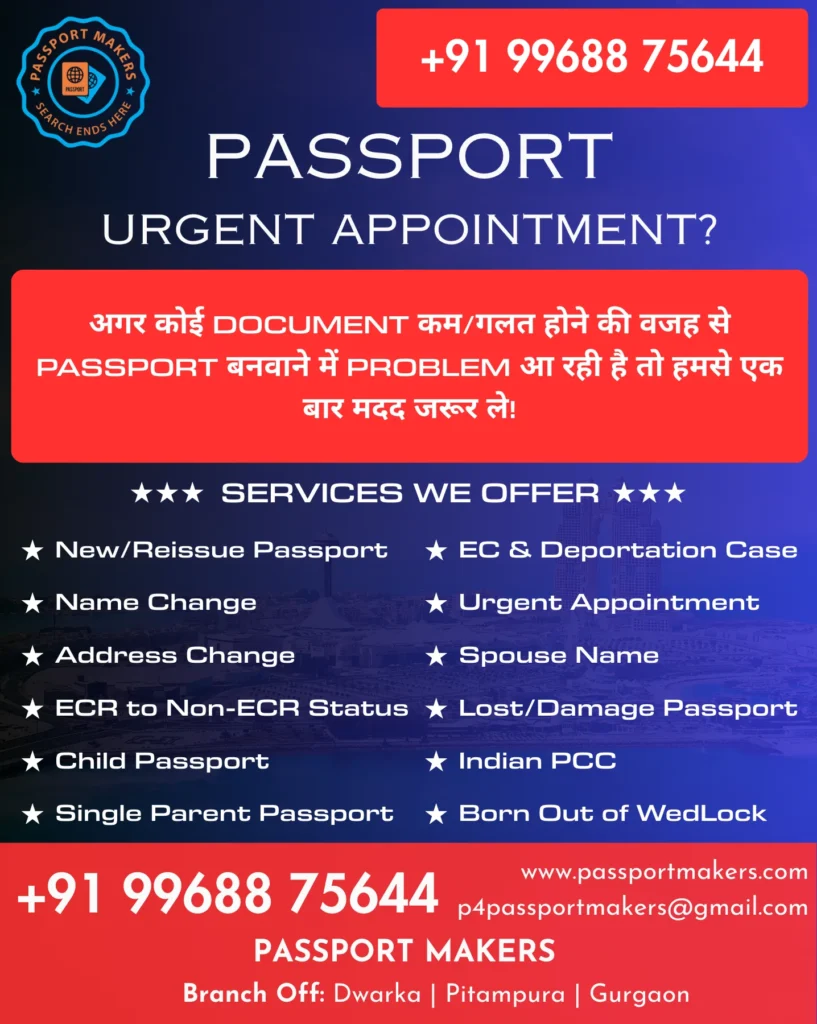
What is an ECNR Passport? quick and error-free ECNR passport reissue in Gurgaon?
ECNR (Emigration Check Not Required) is a category that allows Indian passport holders to travel freely to countries that require emigration clearance for certain categories of workers.
If your passport has no “ECR” stamp, then you are automatically considered ECNR.
Most Indians today are eligible for ECNR status, especially those who are educated, tax-paying, or traveling for tourism or business.
Why Do You Need ECNR Passport Reissue?
You need to reissue your ECNR passport in the following cases:
- Your passport is expiring soon (within 1 year)
- You want to update ECNR status from ECR
- You need to change details (name, address, DOB, spouse name, etc.)
- Pages are exhausted
- Passport is damaged or lost
- You require a 10-year validity passport with ECNR status
Reissuing with “ECNR” ensures smooth international travel without emigration checks at airports.
Documents Required for ECNR Passport Reissue in Gurgaon
You need two sets of documents:
1. Mandatory Documents
- Current/old passport
- Self-attested copies of the first two and last two pages
- Address proof (Aadhaar, Voter ID, Rent Agreement, Electricity Bill, etc.)
- Passport-size photos (if PSK requirements change)
- Application receipt (ARN)
2. ECNR Eligibility Documents : quick and error-free ECNR passport reissue in Gurgaon?
Any one of the following can give you ECNR status:
- 10th / 12th / Graduation certificate
- Income Tax return proof
- PAN card + employment proof
- Birth certificate showing age above 18
- Spouse’s passport (if spouse is ECNR)
- Child’s passport (if child is ECNR)
Most applicants easily qualify with just Class 10 certificate.
ECNR Passport Reissue Process in Gurgaon
Step 1: Online Application : quick and error-free ECNR passport reissue in Gurgaon?
Fill the reissue form on Passport Seva portal and choose “ECNR” eligibility.
Step 2: Appointment at PSK/POPSK Gurgaon : quick and error-free ECNR passport reissue in Gurgaon?
You will be assigned either:
- PSK Gurgaon (Udyog Vihar), or
- POPSK Gurgaon Head Post Office
Step 3: Document Verification : quick and error-free ECNR passport reissue in Gurgaon?
Officers verify:
- Original passport
- Address proof
- ECNR eligibility documents
Step 4: Police Verification (if applicable) : quick and error-free ECNR passport reissue in Gurgaon?
Police verification may be:
- Not required for some reissues with no profile change
- Required if address or personal details change
Step 5: Passport Printing & Dispatch : quick and error-free ECNR passport reissue in Gurgaon?
You receive SMS updates, and the passport arrives by Speed Post within:
- 3–5 days (Tatkal)
- 7–15 days (Normal)
ECNR Passport Reissue Fees in Gurgaon
| Service Type | Govt Fee (₹) | When Used |
|---|---|---|
| Normal Reissue (36 pages) | ₹1,500 | Expiry, minor changes |
| Normal Reissue (60 pages) | ₹2,000 | Frequent travellers |
| Tatkal Reissue (36 pages) | ₹3,500 | Urgent travel needs |
| Tatkal Reissue (60 pages) | ₹4,000 | Urgent + more pages |
Additional charges may apply if using a professional passport consultancy service in Gurgaon.
Benefits of Using ECNR Passport Reissue Services in Gurgaon
Professional agencies in Gurgaon make the process faster, easier, and error-free. Services include:
- Complete form filling
- Identifying correct ECNR eligibility
- Document checking & affidavit preparation
- Appointment booking
- Tatkal file preparation
- Guidance for police verification
- Assistance for lost/damaged passports
This saves you time and helps avoid application rejection.
Common Reasons Passport Applications Get Delayed : quick and error-free ECNR passport reissue in Gurgaon?
- Wrong ECNR/ECR selection
- Incorrect address proof
- Missing educational documents
- Signature mismatch
- Police verification issues
- Document name mismatches
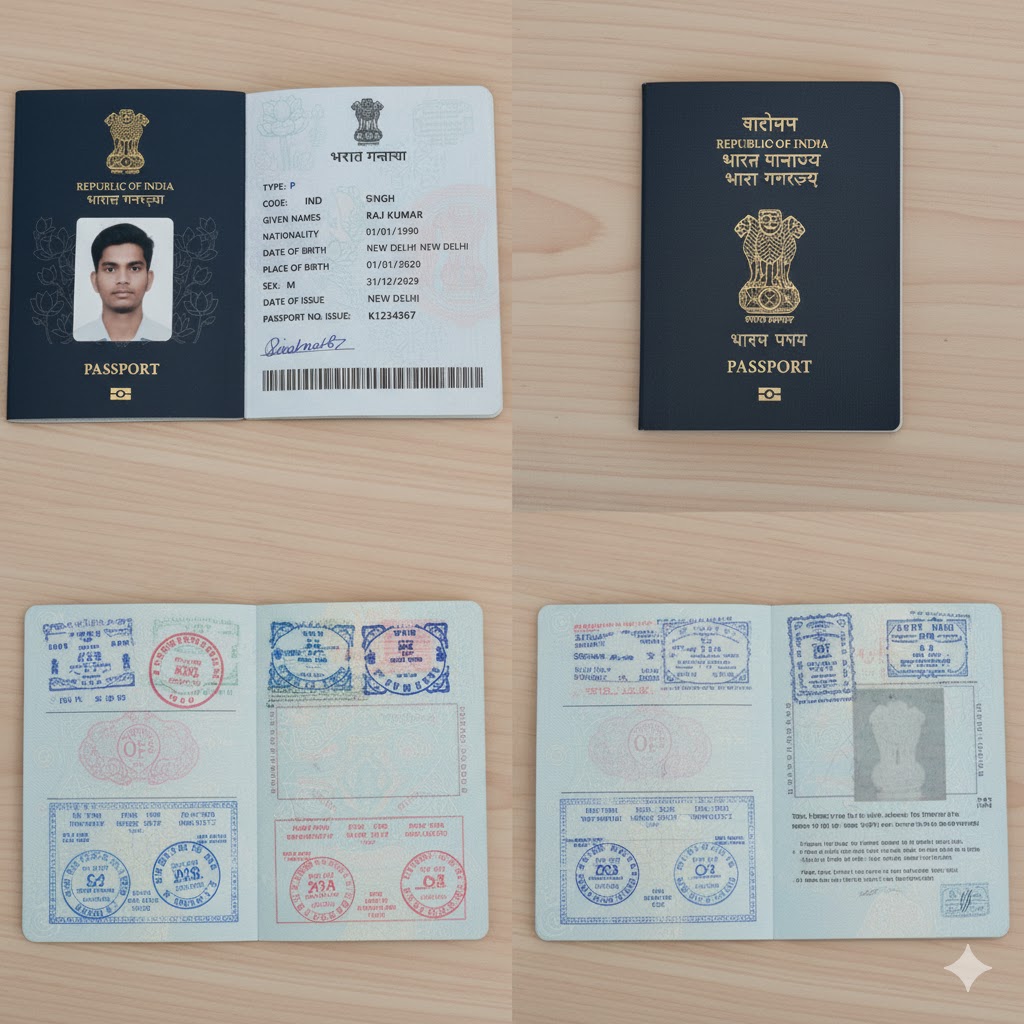
A professional Gurgaon passport service ensures these mistakes don’t happen.
Who Should Opt for ECNR Passport Status? : quick and error-free ECNR passport reissue in Gurgaon?
You should choose ECNR if:
- You have passed Class 10 or above
- You are above 18 years
- You earn taxable income
- You are traveling for tourism, business, study, or work
- You belong to a professional/technical category
Most Gurgaon applicants are automatically eligible.
Frequently Asked Questions (FAQ)
1. How do I check if my passport is ECNR?
If your passport doesn’t have “ECR”, it is automatically ECNR.
2. Can ECNR be added during reissue?
Yes. You can update ECNR status when reissuing your passport.
3. Is police verification required for ECNR?
Only if there is a profile or address change.
4. Can I upgrade from ECR to ECNR?
Yes, by submitting Class 10 certificate or other eligible proofs.
5. Do minors need ECNR?
No. Minors are automatically ECNR.
Conclusion
Reissuing an ECNR passport in Gurgaon is simple when you have the right documents and clear guidance. Whether your passport is expiring, pages are finished, or you want to update from ECR to ECNR, following the correct process ensures quick approval.
If you want hassle-free ECNR passport reissue support, Gurgaon’s experienced passport service agencies can manage the entire process from start to finish, ensuring fast appointments and zero errors.
ECNR Passport Reissue Services in Gurgaon: A Comprehensive Guide 🇮🇳
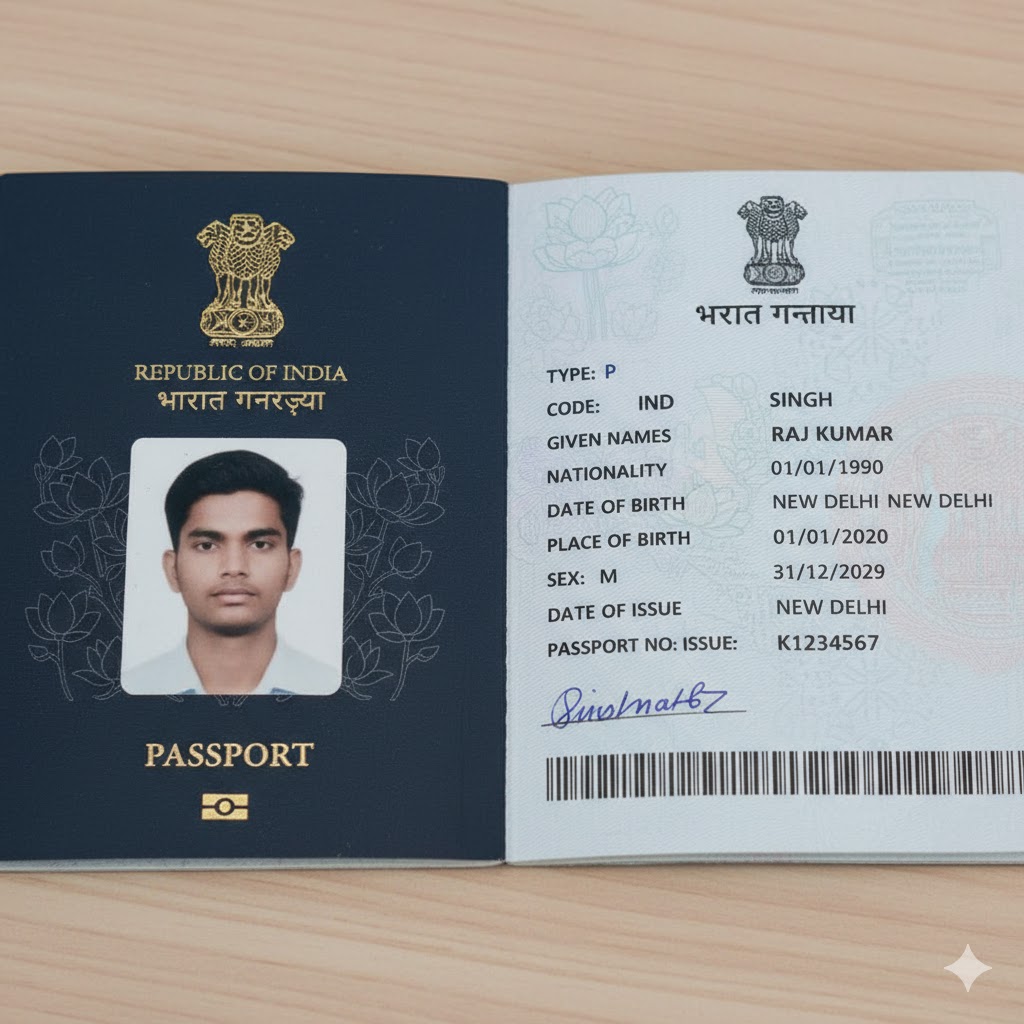
Reissuing an ECNR (Emigration Check Not Required) passport in Gurgaon (Gurugram) follows the standard passport reissue procedure mandated by the Ministry of External Affairs (MEA), Government of India. The process is primarily handled through the Passport Seva Portal and the designated Passport Seva Kendra (PSK) or Post Office Passport Seva Kendra (POPSK) in your jurisdiction.
What is ECNR/Non-ECR Status?
ECNR, now officially referred to as Non-ECR (Non-Emigration Check Required), is a status given to passport holders who are not required to undergo an emigration check before traveling abroad for employment purposes.
- If you are eligible for this status, there will be no specific stamp or endorsement on your passport. The practice of explicitly stamping “ECNR” has been discontinued. quick and error-free ECNR passport reissue in Gurgaon?
- If you are not eligible for Non-ECR, your passport will have the ECR (Emigration Check Required) endorsement.
You are generally eligible for Non-ECR if you meet criteria such as having completed Class 10 or higher education, holding professional degrees, being a government employee, or being over 50 years of age.
Key Steps for ECNR Passport Reissue in Gurgaon
The reissue process is largely digital and is managed through the official Passport Seva portal. quick and error-free ECNR passport reissue in Gurgaon?
1. Online Application 💻
- Visit the Passport Seva Portal: Go to the official website of Passport Seva (passportindia.gov.in).
- Register/Login: If you are a new user, register. If you have an existing account, log in. quick and error-free ECNR passport reissue in Gurgaon?
- Apply for Re-issue: Click on the link “Apply for Fresh Passport/Re-issue of Passport.”
- Fill the Form: Select the reason for reissue (e.g., validity expiry, exhaustion of pages, damaged passport, or change in particulars) and select “Yes” when asked if you are eligible for the Non-ECR category.
- Submit and Pay: Complete the application form, pay the required fee online (mandatory for appointment booking), and save your application.
2. Schedule and Book Appointment 📅
- Schedule Appointment: After payment, use the ‘View Saved/Submitted Applications’ screen to schedule an appointment at the nearest Passport Seva Kendra (PSK) or POPSK in Gurgaon.
- Print Receipt: Print the Application Reference Number (ARN) receipt, which contains your appointment details. quick and error-free ECNR passport reissue in Gurgaon?
3. Visit the Passport Seva Kendra (PSK) 🏢
- Mandatory Visit: Your physical presence at the PSK is mandatory on the scheduled date and time.
- Carry Documents: Bring all your original documents along with one set of self-attested photocopies.
The application will be processed across various counters at the PSK:
- Counter A: Document scanning, photo/biometrics capture, and fee verification (if not paid online). quick and error-free ECNR passport reissue in Gurgaon?
- Counter B: Verification of original documents for completeness and correctness.
- Counter C: Final decision by the Granting Officer. quick and error-free ECNR passport reissue in Gurgaon?
4. Post-Submission 📬
- Police Verification: Your application will be processed either before or after Police Verification, depending on the Passport Officer’s decision and the type of application (Normal or Tatkaal).
- Dispatch: Once the police report is clear and the application is granted, your new ECNR (Non-ECR) passport will be printed and dispatched via speed post. quick and error-free ECNR passport reissue in Gurgaon?
Essential Documents for ECNR Reissue
You must carry the original documents along with self-attested photocopies. The basic set of documents for re-issue (with ECNR/Non-ECR status) includes: quick and error-free ECNR passport reissue in Gurgaon?
- Original Old Passport: Including the address page and ECR/Non-ECR page.
- Proof of Present Address: (Any one of the following)
- Aadhaar Card/E-Aadhaar
- Voter ID Card
- Electricity/Water/Telephone Bill (with a valid period)
- Bank Account Passbook (with photo and latest transaction)
- Proof of Date of Birth (DOB): (Usually the old passport suffices, but keep alternatives ready)
- Birth Certificate
- PAN Card
- School Leaving Certificate/Matriculation Certificate
- Documents for Non-ECR Eligibility: Since you are applying for an ECNR passport, you must present proof of your eligibility, such as:
- Class 10 (Matriculation) or higher educational certificate.
- Professional degree certificate.
- Proof of being a Government/PSU employee (Annexure A, G, or H as applicable).
- Copy of Income Tax Return (ITR) statement (for one year). quick and error-free ECNR passport reissue in Gurgaon?
Note: Always use the Document Advisory tool on the Passport Seva website and check the specific document requirements for your particular case (e.g., change of name, change of DOB, lost/damaged passport) to ensure you have everything required.
Where to Seek Assistance in Gurgaon
While the entire process is designed to be managed by the applicant, third-party services are available in Gurgaon to help with form filling, document collection, and appointment booking, which can be useful for those who need guidance or are short on time. quick and error-free ECNR passport reissue in Gurgaon?
- Official Channel: The official Passport Seva Kendra (PSK) or POPSK under the Regional Passport Office (RPO) Gurgaon is the only authorized government center for submission.
- Private Agents: Numerous private passport consultants and agents operate in Gurgaon (like those near MGF Metropolitan Mall, etc.) who provide end-to-end assistance. Ensure you choose a reputable agency and never submit original documents to an agent. quick and error-free ECNR passport reissue in Gurgaon?
ECNR Passport Reissue Services Gurgaon
ECNR Passport Reissue Services in Gurgaon provide comprehensive solutions for individuals wishing to renew or reissue their passports with Emigration Check Not Required (ECNR) status. ECNR on an Indian passport exempts the holder from needing separate emigration clearance when traveling to specific countries for employment, studies, or other purposes. This feature is particularly vital for professionals, skilled workers, students, and those qualified under set government guidelines.
What Is an ECNR Passport?
An ECNR passport is one that does not bear an ECR (Emigration Check Required) endorsement. This category is granted to Indian citizens who meet certain educational or professional qualifications, enabling them to travel abroad without requiring further clearance from emigration authorities. Most educated, skilled professionals, and taxpayers qualify under ECNR and can have this status endorsed during reissue.
Why Opt for ECNR Passport Reissue?
Reissuing a passport for ECNR is necessary if: quick and error-free ECNR passport reissue in Gurgaon?
- The current passport is about to expire or has already expired.
- The applicant now meets criteria for ECNR and wishes to update their passport.
- There is a legal change in personal details, such as name or address.
- The passport is lost, damaged, or has all pages used.
Upgrading from ECR to ECNR during reissue ensures smoother overseas travel and is especially important for those seeking employment, education, or extended stays abroad.
ECNR Eligibility Criteria
Applicants for ECNR status typically need to:
- Be at least 10th grade pass (matriculate) or hold a higher educational qualification.
- Be a regular income taxpayer.
- Be a spouse or child of an ECNR passport holder.
- Hold government employment or have professional accreditation.
- Possess certain professional degrees, such as those in medicine, engineering, law, etc.
Proof of eligibility must be provided during the application or reissue process. quick and error-free ECNR passport reissue in Gurgaon?
Step-by-Step ECNR Passport Reissue Process in Gurgaon
- Register and Apply Online: quick and error-free ECNR passport reissue in Gurgaon?
- Visit the official Passport Seva website to create a username and fill out the reissue application, selecting ECNR status if eligible.
- Document Upload and Verification:
- Upload digital copies of supporting documents, including proof of address, old passport, educational certificates, and ECNR qualification proof.
- Fee Payment and Slot Booking:
- Pay the applicable fee online and book an appointment at your nearest Passport Seva Kendra (PSK) or Regional Passport Office (RPO) in Gurgaon.
- PSK Visit:
- Attend the appointment with original documents and self-attested photocopies for authentication. Biometric data and photographs will be collected here.
- Police Verification (If Required):
- Police verification may be initiated, especially for address changes or expired passports.
- Passport Processing and Delivery:
- Once approval is granted, the new passport—with ECNR status if verified—will be printed and sent to your registered address.
Document Checklist
- Original and photocopy of the old passport.
- Proof of current residential address in Gurgaon (such as Aadhaar, utility bills, or rental agreement).
- Proof of date of birth (birth certificate, school records, etc.).
- Educational certificates or other proof of ECNR eligibility.
- Marriage certificate or legal documents if there is a change in surname or other personal details.
Tips for a Smooth Application
- Ensure all documents are up-to-date and accurate, especially your address proof aligned with your current residence in Gurgaon.
- If updating name or marital details, ensure you carry supporting documents like marriage/divorce certificates, affidavits, etc.
- Authorized consultants in Gurgaon can assist, but always work with recognized and reliable passport agents.
- ECNR status is a significant convenience for working professionals, students, and frequent travelers, reducing immigration hassles.
Fees and Timelines
- Standard reissue fees are generally around ₹1,500, depending on the number of pages and applicant age.
- Tatkal services for urgent reissue are available at an additional charge, provided all documentation is complete.
- ECNR endorsement is a part of the passport reissue and does not require extra charges, but up-to-date and authentic documents are a must.
Why Choose Professional Reissue Services in Gurgaon?
Specialized services or agents in Gurgaon assist with:
- Form filling and documentation review.
- Quick appointment booking.
- Personalized support for unique cases, changes, or objections.
- Guidance on eligibility and required paperwork to avoid rejection or delays.

